In many ways, Homo Sapiens is a very successful species, a lot more so than our ancestors. The usual story about why we are more successful is that biological evolution resulted in us having more enhanced neural hardware. But that story doesn’t add up chronologically. If we look closer, what we see is that it was the cultural institution of religion, and its ability to create large tribes, that made us into modern humans, argue Victor Kumar and Richmond Campbell.
For the first 200,000 years of our existence, Sapiens remained few in number and relatively unaccomplished, confined to a portion of the African continent. Everything began to change roughly 100,000 years ago. Sapiens populations expanded into other parts of Africa and Eurasia. They made the first voyage to Australia an astonishing 50,000 years ago. Western European colonization took longer, beginning only 40,000 years ago. 15,000 years ago, Sapiens entered North America by walking across the temporary land bridge between Siberia and Alaska and traversing sea passages along the northwest coast. Within just 2-3000 years, wanderers established residency near the very tip of South America. Soon enough, Sapiens occupied virtually every terrestrial habitat on the planet.
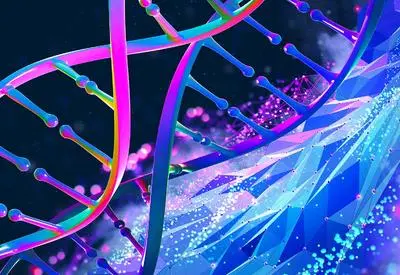 SUGGESTED READING
The gene illusion
By Denis Noble
SUGGESTED READING
The gene illusion
By Denis Noble
Sapiens were able to colonize the rest of the world and supplant other human species because they had achieved a new and more complex form of life. Our ancestors were at last dimly but recognizably like us—they had become “behaviorally modern.” They carried out religious rituals, including burying their dead. They adorned their bodies with pigment and jewelry. And they made not just decorations but art—musical instruments, figurines, and the famous, breathtaking paintings preserved in French and Spanish caves. What made all that possible? Many have argued that it has to do with an important turn in our biological evolution. But it was actually religious morality that made us modern humans.
This new period of human history that started around 100,000 years ago witnessed an eruption of imaginative technological innovation. Sapiens were able to make the journey to Australia and other remote islands because they invented sea-worthy vessels and taught themselves the skills to pilot them. They endured in Northern Eurasia and other cold climates through craft. Instead of simply covering themselves with animal pelts as Neanderthals did, our ancestors used sewing needles to produce seamed clothing, which offered more reliable protection from the elements. Large, menacing animals were hunted more safely and effectively using spears, spear-throwers, and bows and arrows. Doubtlessly, these weapons were wielded against other humans too.
To create and operate all of their state-of-the-art technology, our ancestors needed a wealth of brand-new ecological and technical knowledge. Only a small portion of their cognitive and technological achievements can be reconstructed from the archaeological record. But behaviorally modern humans knew how to make tents and other fortified structures, woven baskets, fire hearths, oil lamps, specialized tools for refining their constructions, and much, much more. With clever inventions such as these, Sapiens colonized the world and cleared it out.
___
The capacity for symbolic thought was not unique to Sapiens and cannot be the secret of our success.
___
So, how did Sapiens become behaviorally modern? How did they become so knowledgeable and technologically inventive? We propose an answer to this puzzle in our book A Better Ape. Building on a large body of interdisciplinary research, we appeal to a theory about the cultural evolution of tribes, institutions, and religious morality. To grasp this theory and its significance, it will help to understand theories that appeal to biological evolution and why they fail.










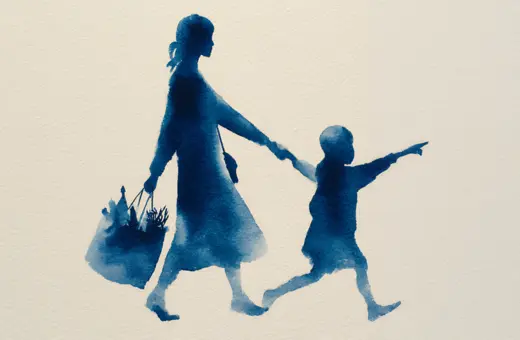
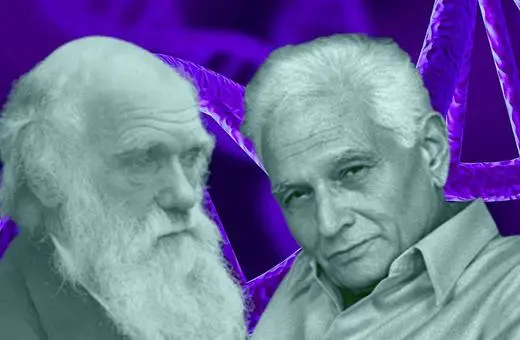
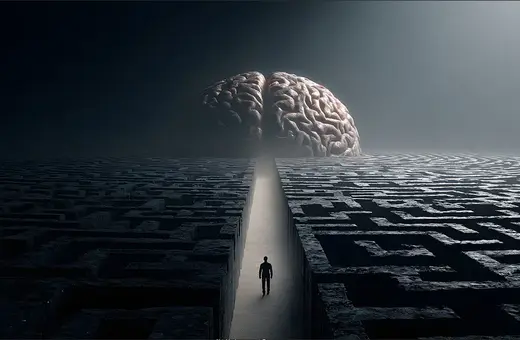




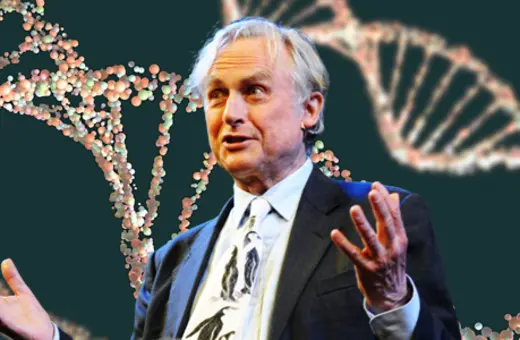



Join the conversation